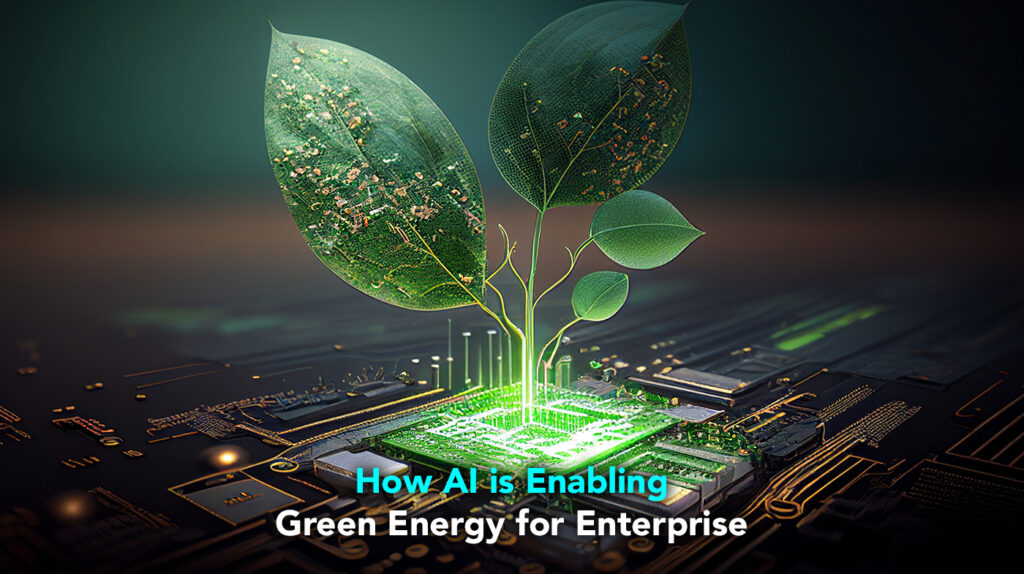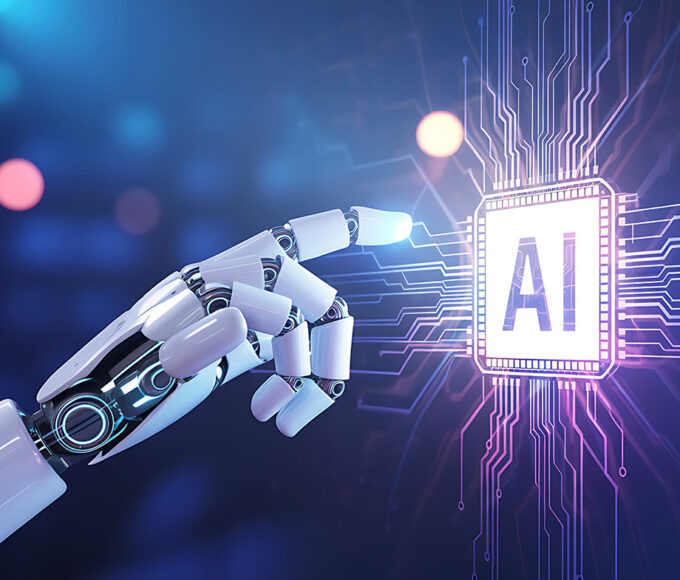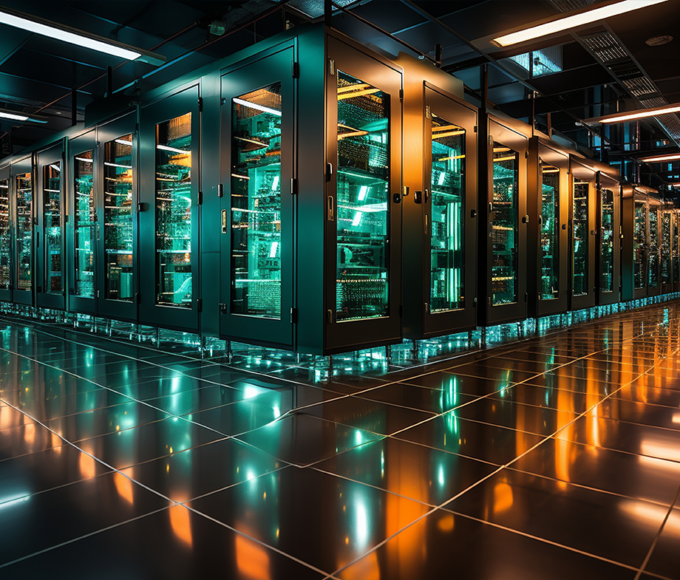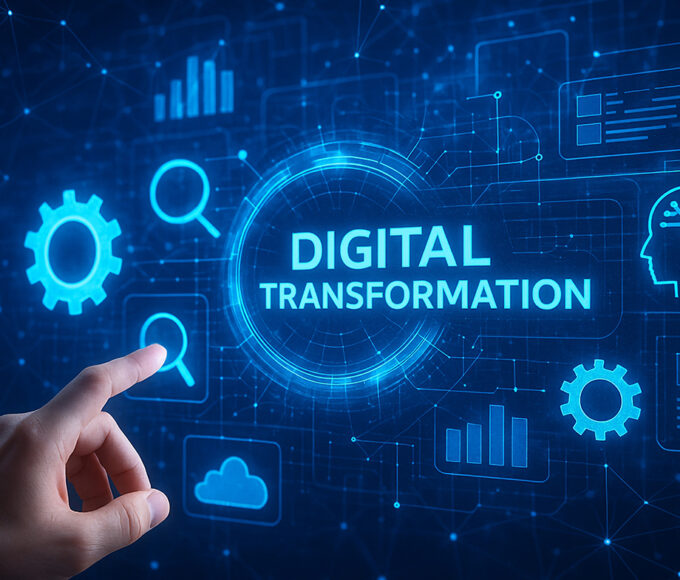Saturday , 28 February 2026
- Sections
- Technologies
- Infra EPC
- People/ Newsmakers
- Newsletter
- 27 February 26
- 19 February 26
- 12 February 26
- 05 February 26
- 2025
- 2024
- Resources
- Sections
- Technologies
- Infra EPC
- People/ Newsmakers
- Newsletter
- 27 February 26
- 19 February 26
- 12 February 26
- 05 February 26
- 2025
- 2024
- Resources
- Sections
- Technologies
- Infra EPC
- People/ Newsmakers
- Newsletter
- 27 February 26
- 19 February 26
- 12 February 26
- 05 February 26
- 2025
- 2024
- Resources
Recent Posts
Artificial Intelligence (AI)Enterprise
 dtcAugust 21, 20252.4k
dtcAugust 21, 20252.4k
How AI is Enabling Green Energy for Enterprise
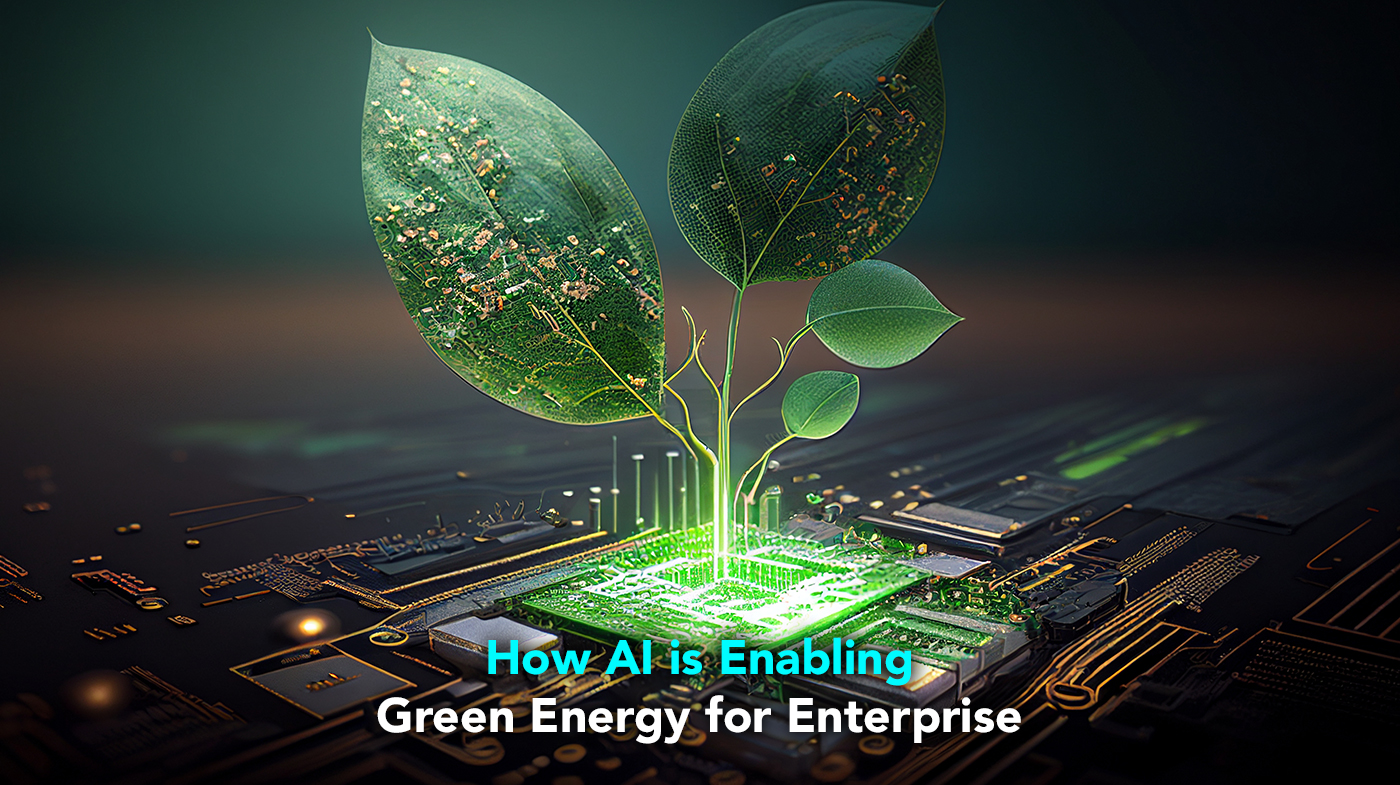
Recent Posts
Categories
- Artificial Intelligence (AI291
- Cloud computing / Data centre82
- Cyber Security162
- Education Tech39
- Enterprise407
- FinTech32
- Gaming2
- Government/PSU13
- Hardware111
- Health Tech7
- Infra EPC8
- Infrastructure93
- Others1
- People/ Newsmakers23
- Power33
- Products / Applications613
- Software383
- Tech Experts1
- Technologies79
- Telecom105
Related Articles
Artificial Intelligence (AI)EnterpriseTechnologies
Infosys Unveils AI First Value Framework: Uniquely Positioned to Capture New AI Services Opportunity of Over $300 Billion
Infosys has unveiled its AI first value framework to help global enterprises...
ByDTC NewsFebruary 27, 2026
EnterpriseTechnologies
Linux Foundation Research Finds Open Source Is Key To Driving India’s AI Market
The Linux Foundation, the nonprofit organization enabling mass innovation through open source,...
ByDTC NewsFebruary 27, 2026
Cloud computing / Data centreEnterpriseHardwareInfrastructureTechnologies
Adani Group to Invest $100 Billion in Renewable-Powered AI Data Centres by 2035
Adani Group said on Monday it will invest $100 billion by 2035...
ByDTC NewsFebruary 27, 2026
Artificial Intelligence (AI)EnterpriseTechnologies
AI moving from experimentation to function-specific, reshaping operating models: Nasscom
Nasscom recently released the findings from its Annual Strategic Review 2026, highlighting...
ByDTC NewsFebruary 26, 2026





